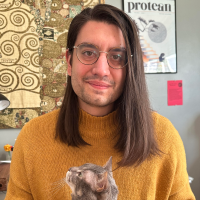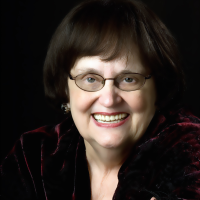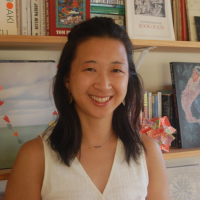Sean Sam of 128 Lit

Jump to navigation Skip to content
A dependable source of professional and creative advice, this regular series features anecdotes, insights, tips, recommended reading and viewing for writers, and more from leading agents and editors.








When I edit a piece, whether it is an essay, article, or poem, I latch on to a writer’s transitions and section breaks. In these leaps, I often detect the joints in a writer’s logic, hear their voice, and observe them negotiating the said versus the unsaid. I find that a strong transition leaves space for the ideas of the preceding stanza or section to bloom in a reader’s mind. It can be a stretch of quiet before shifting to a different register, time, or phase of an argument.

Whenever I am asked to speak publicly on editing, I sense the audience’s hope for a formula or key: as straightforward as how to write a winning cover letter or as inscrutable as which week of the submission period to hit Send. However, so much of what I teach in my courses and write about in my newsletter comes down to mindset, not craft, and certainly not insider information.

Poetry anthologies are gratifying to publish. While the focus of our poetry program at Persea Books has always been books by individual poets, we have also published wonderful poetry anthologies including the recent We Call to the Eye & the Night: Love Poems by Writers of Arab Heritage, edited by Hala Alyan and Zeina Hashem Beck.
But poetry anthologies also present some particular editing and design challenges. Here are some things to keep in mind if you plan to propose one to publishers: